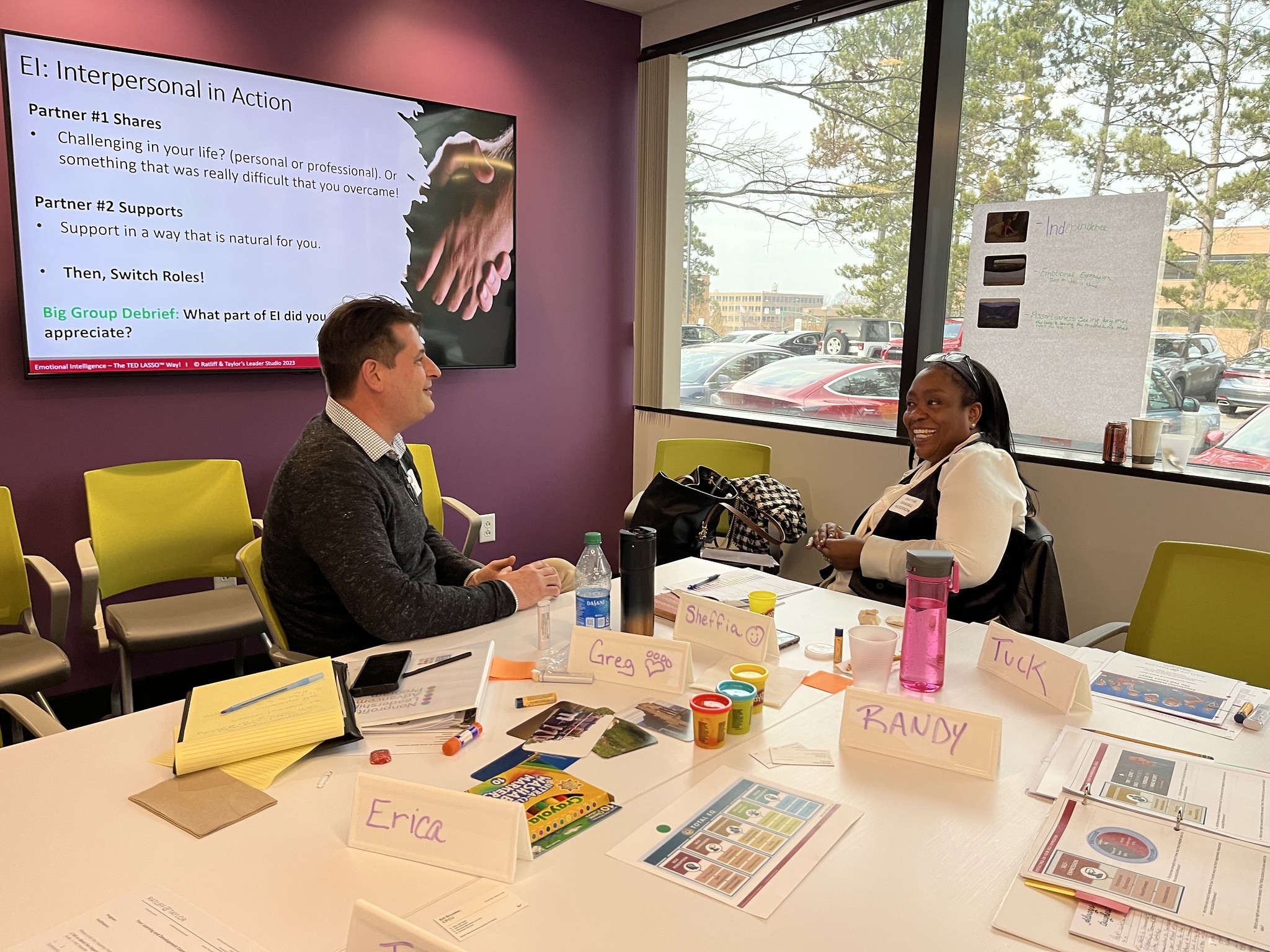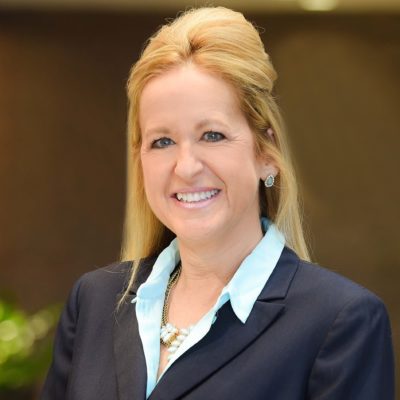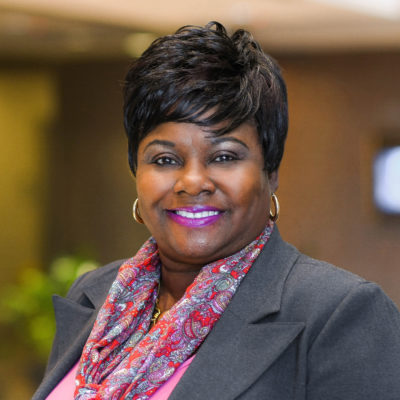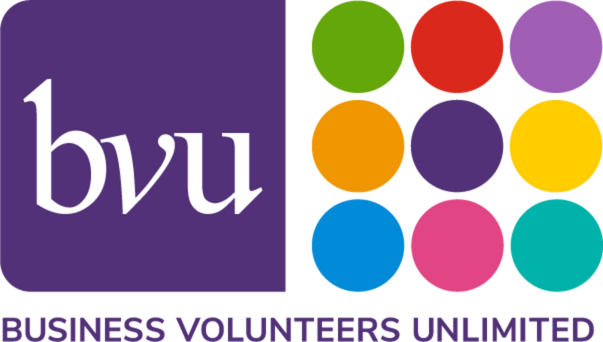A Five-Part Development Series for Nonprofit Leaders
Nonprofit Leadership Advancement Program
About
BVU’s Nonprofit Leadership Advancement Program is a five-part professional development series that provides relevant, evidence-based training for local nonprofit executives.
The program was launched in 2018 with Ratliff & Taylor, Ohio’s largest full-service talent management consultancy, out of the belief that nonprofit leaders should have access to the same type of high-caliber training offered in the business sector.
Since then, hundreds of nonprofit executives have built their skills, knowledge, and networks through this powerful cohort-based program that features personalized learning through individual and team-based assessments.
Whether you are a current executive director or have plans to move into a more significant role, NLAP will transform the way you lead. To apply, please email Tricia Stevenson, BVU’s Director of Leadership Development, at tstevenson@bvuvolunteers.org.

Curriculum & Fees
5 SESSIONS | 8:30 AM – 4:30 PM | INDEPENDENCE, OH
Session 1: Your Resilience Strategy
Are high demand times taxing you and your team? This experiential session introduces strategies to build resilience for yourself and your team for peak performance. With today’s fast pace complexity and uncertainty, it is essential to refuel to sustain our focus. Explore Stanford University’s research as our foundation as we equip you with practical tools to navigate stress, maintain productivity, and coach your team. Take away Ratliff & Taylor’s RESI© Coaching Model, your own Resilience planning journal and scripted tools to leverage immediately.
Objectives:
- Explore Stanford University’s research on work-place resilience and the three essential components we need for resilient teams.
- Learn the science behind self neuro-regulation to manage stress and enhance outlook.
- Identify the areas of self-care that you can apply at work to get immediate calm during crisis.
- Develop a personalized resilience strategy to keep yourself centered and balanced.
- Explore the RESI© Coaching Model to boost resilience and foster a more resilient team culture.
Session 2: Neuroscience, Emotional Intelligence & Nonprofit Leadership
Emotional Intelligence and Neuroscience develops a leader’s ability to understand and leverage their emotions, influence individuals and teams dealing with complex issues and dynamics, and sustain mutually beneficial relationships with a wide range of stakeholders. In addition, Nonprofit leaders have complex stakeholder groups to collaborate with and navigate their work. Understanding oneself and others becomes critical tools to move agendas, build great functioning teams, and develop the kind of trust-based relationships that grow great organizations. Leaders will:
- Complete the EQi – Emotional Quotient Inventory (one of the most highly used EI assessment instruments available) prior to the program and receive their results at the event.
- Learn cutting edge neuroscience ideas that can be immediately implemented in group and workplace settings
- Apply EI concepts to self -management, restraint, emotional agility and constructive engagement with team members and boards.
- Build an action plan to proactively address EI development needs.
Session 3: Leaders Coaching Clinic
How can you assure that you are leading effectively to engage and support each team member to be accountable and engaged? As we hold 1:1 and team conversations, we want to have an impact, yet meetings are challenged with endless topics, task agendas and conversation detours!
Coaching is an approach that regardless of topic, offers a proven method to agree on a way forward from any conversation. With the right framework and planning, your 1:1s are more structured and lead to higher individual accountability. This interactive session explores how to coach in 1:1s and in the moment to achieve more impact and drive your team’s engagement and success.
Objectives:
- Identify essentials to prepare for a coaching conversation.
- Explore a four-part coaching framework and why each element is important.
- Learn and practice with coaching tools for general performance coaching and for challenging conversations.
- Plan a real coaching conversation and peer coach in a private setting.
- Drill down on the barriers to accountability and how to leverage coaching to turn “accountability” into “ownership.”
Session 4: Strategic Thinking and Planning
One of the most powerful leadership postures is the ability hold on to the essential elements of an organization’s values and history, be in the present to address the current issues of the day and to dream for a better future. Strategic thinking and planning give both content and structure to diagnostic, dreaming and execution processes. Learning how and when to mobilize stakeholders in this process is critical and all change efforts must be a shared responsibility to ensure success. Strategic thinking and planning help institutionalize continuous learning and reflection and allow leaders and organization develop agility, adaption skills and greater capacity to experiment to reach new goals. Leaders will:
- Investigate the definition of and interconnected nature of strategic thinking and planning
- Explore and play with a number of strategic thinking exercises with a focused goal
- Learn and experiment with a 7- step model of strategic planning which includes: Aspiration: Goal Setting, Continuity: Core Values of Organization, Logistics: Who, How, When, Data Mining: Collection & Analysis, Focus: Prioritizing Needs, Design: Action Planning and Sustaining: Re-invest to Eclipse the Current with the New
- Begin to identity a potential aspiration for strategic work within their organizations
Session 5: Effective Board Leadership
This half-day session, led by Julie Clark, BVU’s Vice President, Nonprofit Engagement, is designed as an interactive workshop that addresses the role of board and staff leaders in guiding and shaping a board to advance the organization to achieve full potential. Topics typically covered include:
- The role of the board
- Best practices in governance (statement of expectations, accountability, board succession plan)
- Meeting management — what makes a good board and committee meeting; bad meeting
- Board communications – dashboards & consent agenda
- Succession Plan for Board Chair & board leaders
CONTACT US FOR PRICING INFORMATION
*Thanks to support from our foundation partners, the vast majority of Cleveland and Akron area nonprofits are eligible for subsidies.
Upcoming Sessions
Sponsor information is available on individual event pages.
Facilitators

Alison Arkin
Senior Vice President/ Practice Lead, Leadership Development - Ratliff & Company
Aneta Ardelian Kuzma
Senior Leadership Development Consultant/Executive Coach - Ratliff & Company
Julie Clark
Vice President, Nonprofit Engagement - BVU
Velvet Landingham
Senior Leadership Development Consultant/Executive Coach - Ratliff & CompanyHear from Participants

